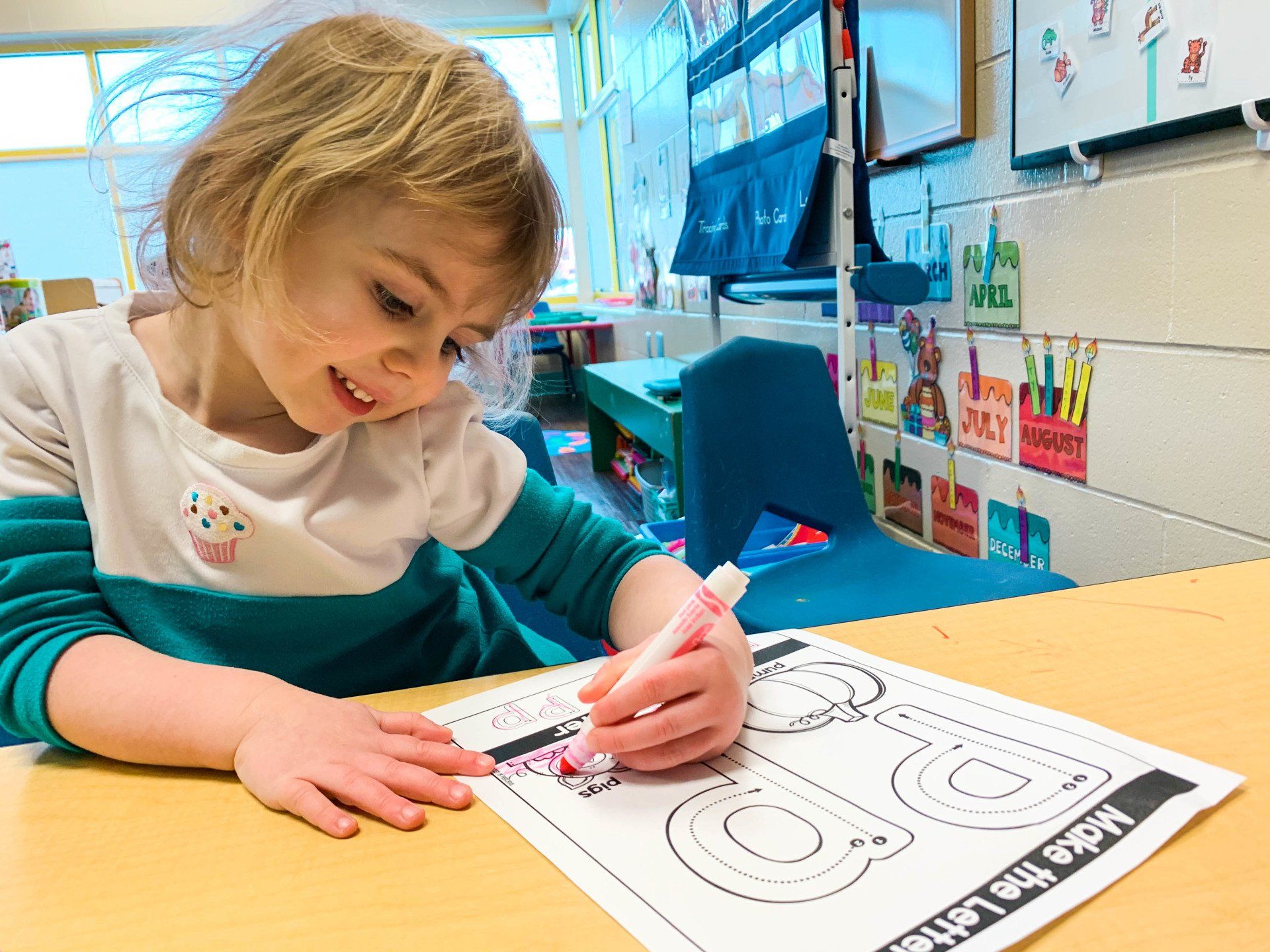6 Tips for Handling Your Child's Social Distancing
Learning to develop a 'new normal' & routine around social distancing.

By now, we are learning to develop a “new normal” as we live through the pandemic that is COVID-19. "Social distancing" will be the words of the year, though I prefer the term “distant socializing” because it is important to remain connected, despite not being able to be physically together.
So how do we as parents relay the importance of social distancing to our children - youngsters and teenagers alike? How do we allow them to hang out with friends when all the news is telling us to STAY HOME?
Rather than re-write the experts’ advice, I want to provide you with a few articles I’ve read on how to talk to your children about COVID-19 and to encourage social distancing. As with everything, our example as parents is critical (children learn from what you do, not from what you say), so stay home yourself. But be hopeful and remember that this too shall pass.
In addition to the article reprinted in full below, I’ve provided links to three other articles about social distancing.
Take care of yourselves, both physically and emotionally, until we can be together again!
-Darcie Bien
Six expert tips for managing your child’s social distancing during coronavirus
Juliette Rihl | March 17, 2020 | Source: www.publicsource.org/
Social isolation is challenging, especially for children and teens. With schools closed and many typical activities like playdates, museum visits and trips to the movies off-limits, it’s hard for parents to know what to do. We spoke to two local experts on how to manage your child’s social isolation. Here are their tips.
1. Talk to them about the situation in an age-appropriate way.
Parents shouldn’t shy away from discussing coronavirus with their children, said Dr. Charma D. Dudley, a licensed psychologist, director of behavioral health at Beacon Health Options and board president of the Pennsylvania chapter of the National Alliance on Mental Illness. “Don’t avoid the conversation because kids hear about it from other kids, from the TV,” she said. “[There are] even YouTube videos about the coronavirus. It’s all over."
However, parents should be mindful of only sharing with their children what is absolutely necessary, said Dr. Elizabeth Sysak, senior director of clinical services at UPMC Western Psychiatric Hospital. “Little people don’t need to deal with big people’s problems unless they have to deal with big people’s problems,” she said.
Both experts said if your child is old enough to be asking questions, answer them as honestly as you can and assure them that the situation is being handled by adults. Dudley recommended relating coronavirus to an illness that your child or a family member may have had, like the flu or a cold, to put it in terms they understand.
2. Try a positive approach.
Try to spin the situation into an opportunity, Sysak said. “How do we turn a rainy day into something fun inside?” She encouraged families to embrace the time together by playing games and having open conversation — as she put it, “Get back to the basics.”
3. Stick to a routine.
Maintaining structure is important for children, so it’s best to stick to a routine, Dudley said. She recommended parents fill the day with books, videos and other activities. “Break it up, so they’re not playing all day long. Or if they’re a teenager, they’re not staying in bed all day long,” she said.
4. Limit news consumption.
With the large volume of information coming in from different sources, it’s important to limit children’s news consumption, Sysak said. “I would not have kids in front of the TV right now,” she said, noting that she gives the same advice during natural disasters and other emergencies. “Turn off the news. You may start to feel better a lot quicker than you realize.”
5. Practice mindfulness.
If your child is experiencing anxiety, try practicing mindfulness with them, Dudley said. This practice can include relaxation exercises, meditation or positive visual imagery, like remembering a time you were at the beach together or a fun thing you did last summer.
6. Cut teens some slack.
It’s important that teens stay inside and resist going out or visiting their friends, Sysak said. To enable them to stay connected, she suggested parents consider easing up on some normal rules, like screen time restrictions. “Maybe give a little more permission than we usually do on the iPads and the cell phones,” she said.
Dudley agreed. She said parents should encourage their teens to use platforms like FaceTime and Skype. “Whatever they need to do to get in touch with one another, that really helps with isolation,” she said.
Three more recommended articles regarding “distant socializing”:
Everything you need to know about social distancing:
https://www.cnn.com/2020/03/21/health/social-distancing-coronavirus-faq-wellness-trnd/
Why you shouldn’t go to your friend’s house during social distancing:
https://news.yahoo.com/dont-visit-friends-social-distancing-020048219.html
Coronavirus (COVID-19): Social Distancing With Children:
https://kidshealth.org/en/parents/coronavirus-social-distancing.html
serving Brookings, Moody County & Yankton


